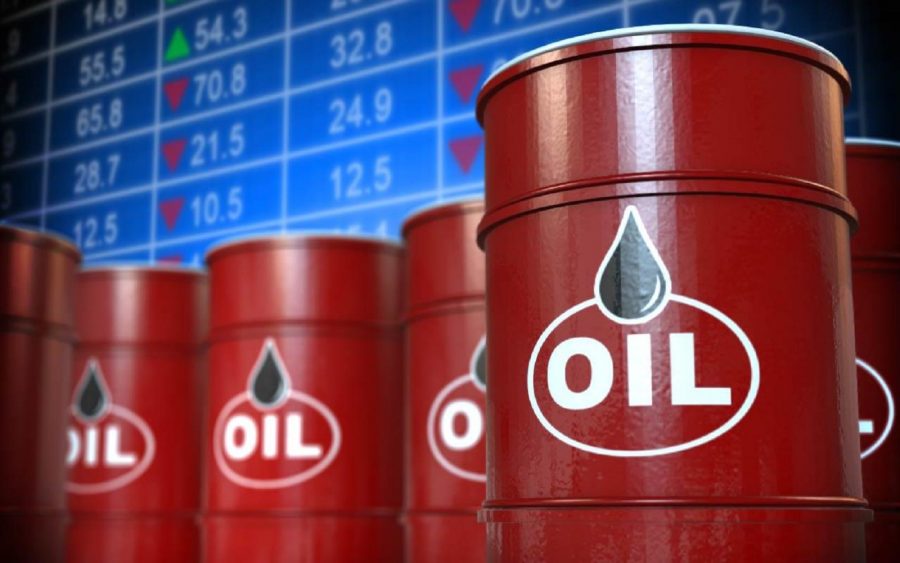America’s killing of the top Iranian army Commander, Qasem Soleimani, may be controversial, but it has continued to be a gift that keeps on giving as far as the prices of crude oil are concerned. Global oil prices have been on the increase ever since the killing happened in Bagdad last Thursday.
As at 1 pm West African Time on Monday afternoon, Brent Crude was trading at $69.65 per barrel, having increased by 1.53% today alone.
Prior to this time, oil prices were gradually gathering momentum, due partly to OPEC+ countries’ agreement on deeper output in early December 2019. The US-Iran tension has now had a more pronounced impact, causing Brent to mark its fifth consecutive week of increase.
CNBC International reported that on Friday, December January 5th, Brent gained as much as 3.55% as prices surged to almost $70 per barrel, the highest ever recorded since April last year.
It should be noted that tension in the Middle East has always had a way of encouraging crude prices to skyrocket. This is perhaps due mainly to the fact that the region is home to some of the world’s top oil producers. Uncertainties in Iran has particularly been an oil price booster. Recall that US sanctions on the predominantly Shi’a Islamic country back in 2018 also encouraged crude prices to rise.
Following last week’s drone attack on Qasem Soleimani, the Iranian Government has issued repeated threats of revenge and severe consequences for America and its allies. There is an $80 million bounty for President Donald Trump’s head. There are also speculations that Iran might attack Saudi Arabia’s oil facilities, a situation that could all result in oil prices shooting up in the high digits.
[READ MORE: Global oil prices hit $69.16 after US airstrike)
Iran has also called off a tricky deal with the US and other signatories, which restricted its nuclear enrichment programme. This development could cause America’s Trump to reintroduce heavy economic sanctions on the country, including limiting how much of its crude would be sold in international markets. Further restrictions on Iranian crude will certainly cause the commodity’s prices to spike.
Over here in Nigeria, the crude price increases recorded in recent days is a favourable development. Recall that Nigeria, which is facing a revenue challenge as its Finance Minister has repeatedly admitted, is currently in search of means to boost revenue in order to fund its ambitious 2020 budget. Therefore, any increase in crude prices means more money for the country.
Indeed, the US-Iran controversy could be the best thing to happened to oil-producing countries like Nigeria this early 2020. That notwithstanding, there is the urgent need to stop the conflict from escalating any further than it already has.
